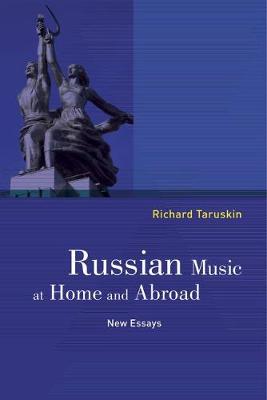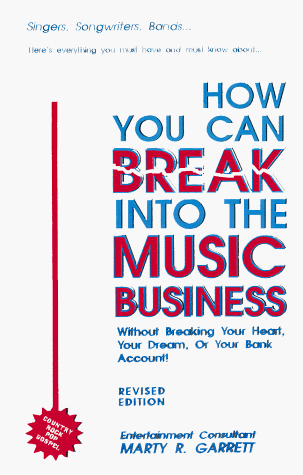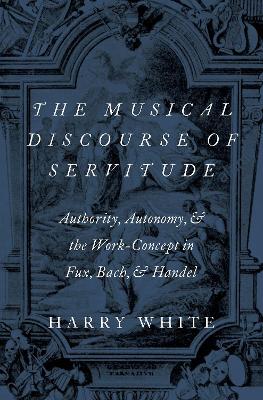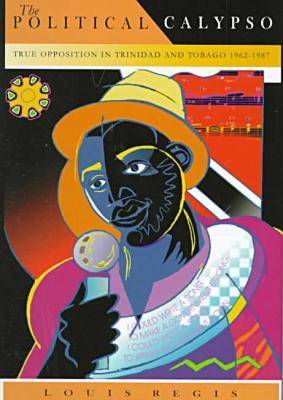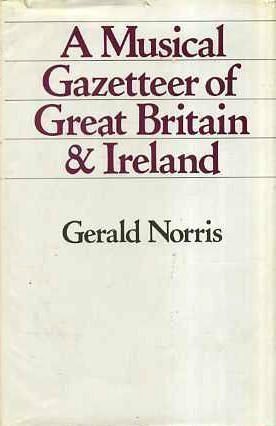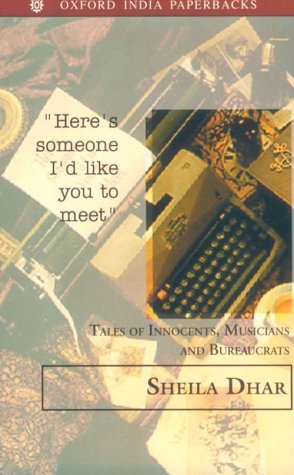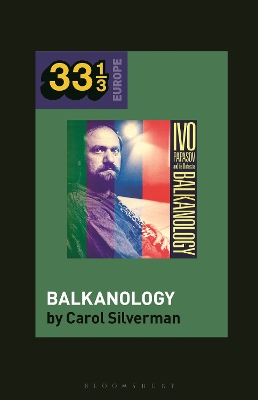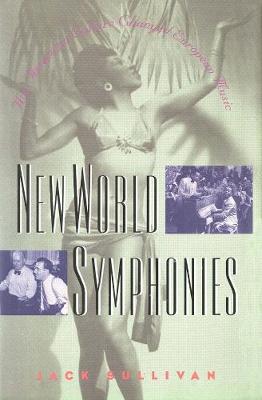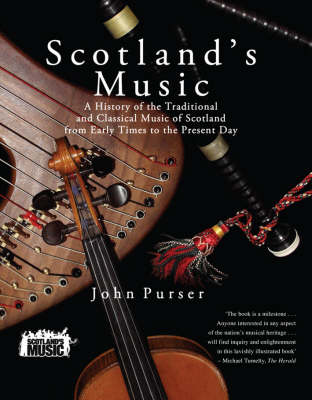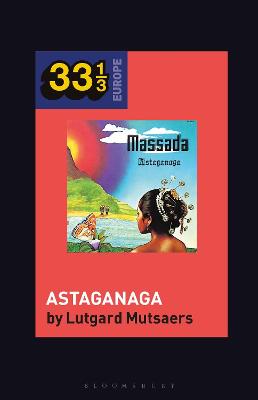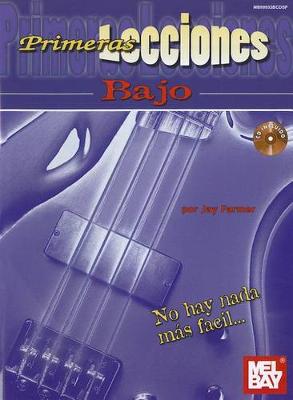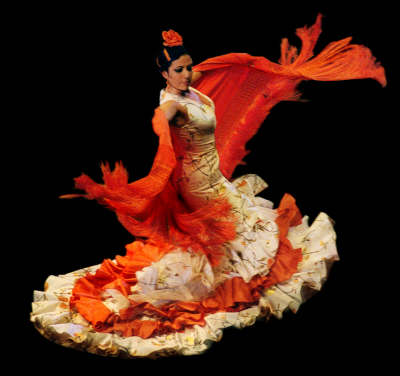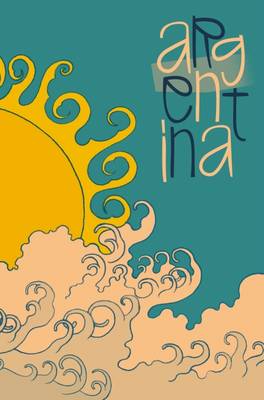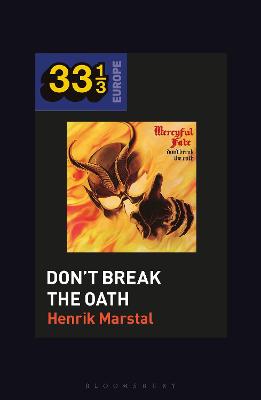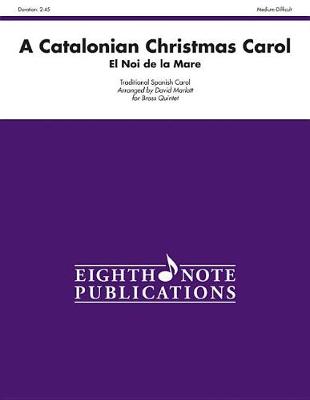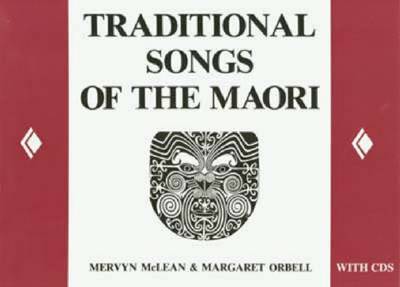This new collection views Russian music through the Greek triad of "the Good, the True, and the Beautiful" to investigate how the idea of "nation" embeds itself in the public discourse about music and other arts with results at times invigorating, at times corrupting. In our divided, post-Cold War, and now post-9/11 world, Russian music, formerly a quiet corner on the margins of musicology, has become a site of noisy contention. Richard Taruskin assesses the political and cultural stakes that at...
Examining, for the first time, the compositions of Johann Joseph Fux in relation to his contemporaries Bach and Handel, The Musical Discourse of Servitude presents a new theory of the late baroque musical imagination. Author Harry White contrasts musical "servility" and "freedom" in his analysis, with Fux tied to the prevailing servitude of the day's musical imagination, particularly the hegemonic flowering of North Italian partimento method across Europe. In contrast, both Bach and Handel repre...
Like Fela Kuti and Bob Marley, singer, composer, and bandleader Thomas Mapfumo and his music came to represent his native country's anticolonial struggle and cultural identity. Mapfumo was born in 1945 in what was then the British colony of Rhodesia (now Zimbabwe). The trajectory of his career-from early performances of rock 'n' roll tunes to later creating a new genre based on traditional Zimbabwean music, including the sacred mbira, and African and Western pop-is a metaphor for Zimbabwe's evol...
Calypso, a traditional form of music in the Caribbean, began in Trinidad and Tobago as a subtle protest against British rule. Influenced by African and native Caribbean rhythms, the calypso (along with Jamaican raggae) defines the music of the region. Louis Regis examines the evolution of the political calypso from 1962 to 1987, the period of Trinidad/Tobago's independence from Britain, and presents the text of lyrics from this popular folk-urban musical form. Following the songs and their theme...
From countercultural resistance to world music craze, Balkan music captured the attention of global audiences. Balkanology, the 1991 quintessential album of Bulgarian music, highlights this moment of unbridled creativity. Seasoned musicians all over the world are still in awe of the technical abilities of the musicians in Ansambl Trakia-their complex additive rhythms, breakneck speeds, stunning improvisations, dense ornamentation, chromatic passages, and innovative modulations. Bridging folk, ja...
This groundbreaking book shows for the first time the profound and transformative influence of American literature, music, and mythology on European music. Although the impact of the European tradition on American composers is widely acknowledged, Jack Sullivan demonstrates that an even more powerful musical current has flowed from the New World to the Old. The spread of rock and roll around the world, the author contends, is only the latest chapter in a cross-cultural story that began in the ni...
John Purser's major work encompasses the whole of Scotland's music, from the third millennium BC to the present day. Describing both classical and traditional music, "Scotland's Music" pursues the fascinating relationship between them through the centuries and shows how they illuminate Scottish history and culture. This book is generously illustrated and, with over 200 music examples, provides a unique resource. Early Celtic plainchant, ballads in Scots and Gaelic, Renaissance masterpieces by Ca...
I Love K-Pop A5 Korean Writing Paper K-Style Journal Notebook - So K It's Lit
by K Style
This book explores an album of popular music with a remarkable significance to a violent wave of postcolonial tensions in the Netherlands in the 1970s. Several "actions" were claimed by a small number of first-generation descendants of ca. 12,500 reluctant migrants from the young independent state of Indonesia (former Dutch East Indies). Transferred in 1951, this culturally coherent group consisted of ex-Royal Dutch Colonial Army personnel and their families. Their ancient roots in the Moluccan...
Ombra is the term which applies to an operatic scene involving the appearance of an oracle or demon, witches, or ghosts. Such scenes can be traced back to the early days of opera and were commonplace in the seventeenth century in Italy and France. Operas based on the legends of Orpheus, Iphigenia, and Alcestis provide numerous examples of ombra and extend well into the eighteenth century. Clive McClelland's Ombra: Supernatural Music in the Eighteenth Century is an in-depth examination of ombra...
Sounds and Colours Argentina (Latin American Culture, #4)
Mercyful Fate's Don't Break the Oath (33 1/3 Europe)
by Associate Professor Henrik Marstal
Upon its release, Don't Break the Oath charted fifth on the official British heavy metal album list and was supported by a two month long sold-out American tour in early 1985. The band's controversial stage appearance with burning crosses, a microphone stand formed as a cross made of two human leg bones, as well as other blasphemous rituals attracted the attention of the then newly formed PRMC (Parental Resource Music Center) committee, ironically reassuring the band its position on the charts....
Traditional Songs of the Maori (New edition)
by Margaret Orbell and Mervyn McLean
These songs in many different styles embody the fundamental values of traditional Maori culture and form a vital part of marae ceremonial. Most common song types are represented: laments, love songs, war chants, songs of welcome, face-saving songs and witty occasional songs. They are remarkable for the sophistication of the music and the power and subtlety of the words. Both Orbell and McLean are widely known and respected and have published extensively. Margaret Orbell is the author of a number...
